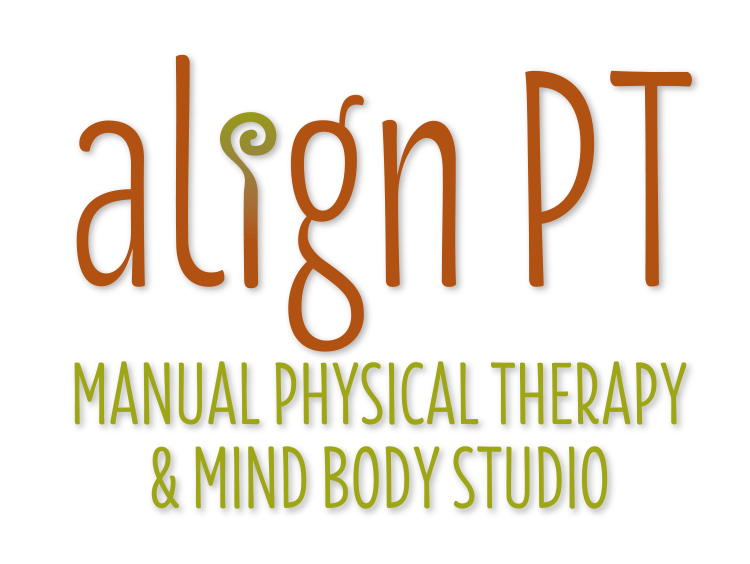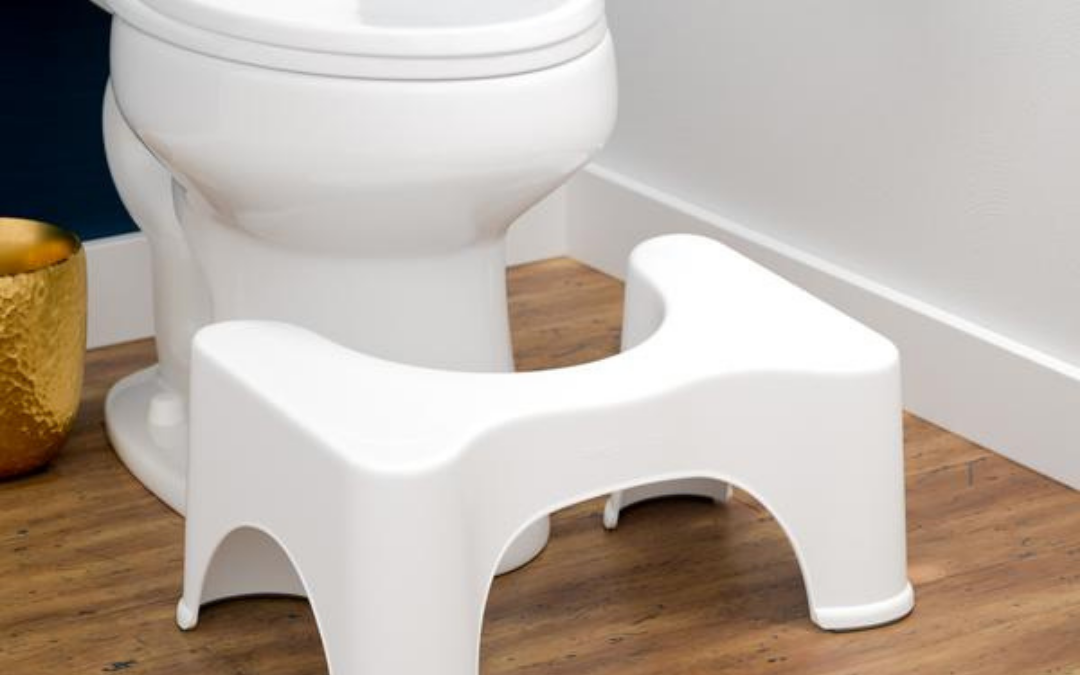by Michele Forsberg PT, MS
So, this happens a lot…I meet a patient for the first time and ask them how their bladder is and if they have any incontinence or issues and they say no. But then later they tell me how they leak a little on their way to the bathroom or how they can’t empty their bladders unless they lean forward and push on it. These are all bladder symptoms and are not “normal”, the sad thing is that somehow most women got the message that bladder leaks just happen as we get older or after having kids and stuff. Although it’s very common, there are things we can do to help those bladders function better. Here are some of the things I tell my clients who have bladder symptoms now, but for preventative measures, if you don’t have issues now, try doing some of this anyway. Some day you’ll likely need this advice.
Hydrate
Most of us are dehydrated, it’s true. A good rule of thumb is to try and drink half your body weight in ounces of water per day. So, if you’re 120 LB, try to ingest 60 ounces. Soups, juices and other liquids do count, but if most of your liquid intake is caffeinated, then you’ll need to make up the amount you drink in caffeinated drinks with non-caffeinated. AND Please don’t limit your water intake if your bladder has you running to the bathroom all the time. Dehydration makes your urine concentrated and it then becomes an irritant to your bladder, make sense?
Watch What You Eat/Drink
Some bladder irritants include honey, chocolate, caffeinated beverages, carbonated beverages, milk, tomato products, vitamin C, citrus fruits, corn syrup, cranberries, and wine/alcohol. Do you have to give them all up? No, just be aware that if you have bladder symptoms and you eat a good amount of one of those, you could try eliminating it to see if your symptoms change.
No More Just In Cases!
Here’s something else we’ve been conditioned to do, go to the bathroom when we don’t need to go, “just in case”. There’s nothing worse than being stuck on the road, in a car with a full bladder, right? We train our kids to do this too. Our bladders naturally fill and extend to the full point and then reflexively empty upon that full signal. When we teach our bladder to empty when it’s not full, that feedback loop gets disturbed and your bladder then gets confused and can make you want to go more often than you really should. Next time you have the urge to use the restroom, ask yourself if you REALLY need to and if you can wait a little longer. Not a good idea to go just in case.
Try Not To Strain When Peeing
Straining when peeing or having bowel movements is not a great thing to do. You want your pelvic floor to relax, you also don’t want to hover over the seat, if you hover, you’re activating your glutes and thighs and your pelvic floor won’t be able to relax and do its thing. Try breathing slowly and positioning yourself with step stools or a squatty potty under your feet so you can lean forward in a more natural position.
Limit Fluids 2 Hours Before Bed
If you wake up to pee every night, especially if you wake often, limit intake a few hours before going to sleep. Front-load your hydration. Also, if you do wake up ask yourself if you really need to go, sometimes people just go because they are awake. Was it your bladder that woke you or was it something else? Remember we don’t want to train our bladder to go when it’s not full.
Practice Bladder Hygiene
Make sure when you wipe yourself that you go from front to back, although most people I know understand this, it’s always good to point it out. Also, it’s a good practice to empty your bladder before and after sex (although that does go against my no just incases, sometimes you have to choose your battles) to flush any bacteria away and keep it from entering the urinary tract which is in close proximity.
Here’s A Challenge
Can you hydrate enough this week that your urine is almost clear? Can you stop the “just in cases”, and look at your diet to see how many bladder irritants you are eating? That’s a great start, right?
Were any of these tips a surprise? Tell us below! Remember, it’s never too late to get help for your bladder issues. Try some pelvic physical therapy, our therapists in Longmont, CO can help you feel better.

